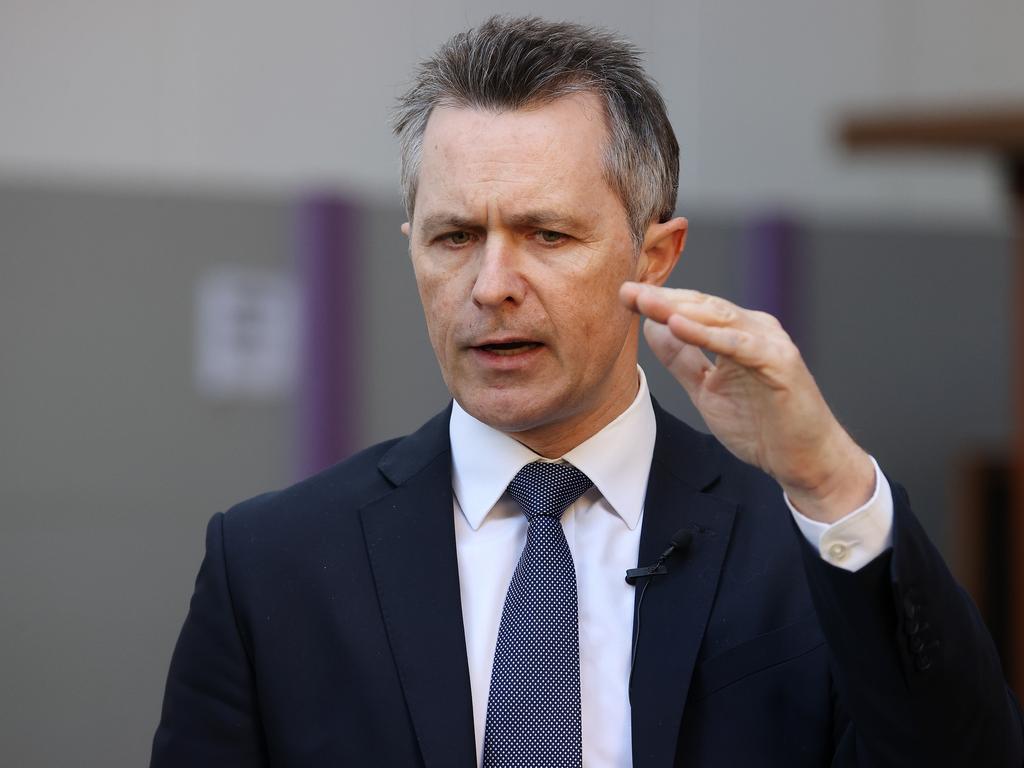Skills system reform, blended degrees can help solve productivity puzzle
Are ‘snackable and stackable’ qualifications the key to solving Australia’s productivity problems in higher education? Jobs and Skills Australia leaders say problem-solving and communications skills are just as important to employers as technical ones.

The current debate about productivity growth has focused especially on unleashing the supply side of the economy through tax reform and reducing red tape.
This is an important discussion to have, and to act upon. It must be supplemented, though, by reform of the national skills system.
Sustained productivity growth will require a responsive supply of skills and knowledge in the labour market.
Tertiary education reform will be a crucial element, particularly to get vocational education and training and higher education working effectively together.
“Skills” include both technical and generic skills, the latter including problem-solving and communication skills, etc.
VET has a primary focus on the development of skills and supporting knowledge in the context of work.
HE is organised primarily around the learning and development of discipline-based knowledge but has an additional aim of applying that knowledge to the development of skills, especially for professionals.
Each sector has a distinctive role that should be nurtured and enriched, not merged with each other. But they need to work much better together.

The economy needs a combination of knowledge, skills and their application to industry, which requires an optimised blend of VET and HE, requiring widespread strategic collaboration between the sectors.
This is inhibited by different funding models, different regulatory frameworks, a qualifications framework that has a rigid hierarchy of knowledge over skills, and the lack of an agreed skills taxonomy that can apply to both VET and HE.
Removing these barriers to tertiary collaboration is like cutting red tape that gets in the way of productivity.
The Albanese government has opened the door to the reform required, by establishing Jobs and Skills Australia in 2022 and now the Australian Tertiary Education Commission, which started operating on July 1.

Working closely with the states and territories, JSA and ATEC can work together with suitable governance from the commonwealth, states and territories, business and unions, along with tertiary providers, to cut through the barriers to VET and HE working better together to promote productivity growth.
This would enable credit transfer between different qualifications to be more efficient and effective, and nested and hybrid qualifications between vocational and higher education to be co-created.
This would raise the productivity of the tertiary sector itself by producing more skills, more quickly, at lower cost.
In addition, it would enable our workforce skills to move towards the optimal requirements of industry to support economy-wide productivity growth, thus creating a “twofold boost” to productivity.
As well as better-designed initial, or early career, qualifications and pathways, “snackable” and “stackable” upskilling and reskilling would become possible to enable the existing workforce to adapt to changes in the technology, including the application of artificial intelligence, that are a critical for productivity growth.
This would be through well-designed “microcredentials”, drawing from VET and HE, that are stackable into “macrocredentials” (qualifications) for the existing workforce.
There are increasing numbers of examples where the lack of connection between VET and HE is causing problems in the labour market.
JSA research has found that too many engineering and IT graduates are not being hired for jobs they are technically qualified for, because they lack the employability skills required.
Blending a VET diploma and some work experience with their degrees is the obvious way to remedy this problem. But that is not readily available at present.
Similarly, VET graduates wishing to broaden their knowledge and skills with some higher education find it difficult to gain the credit recognition their skills, knowledge and experience should justify, whether they be, say, enrolled nurses or childcare workers, electricians or plumbers.

While some tertiary education providers, including some dual-sector providers, have been innovating with nested or hybrid programs and improved credit recognition, the regulatory challenges result in too few examples.
JSA has outlined in its report, Opportunity and Productivity: Towards a Tertiary Harmonisation Roadmap, how the necessary reforms can be progressed
This should be canvassed at the Treasurer’s roundtable and in the Productivity Commission’s five pillars report.
It is a great opportunity for commonwealth, state and territory education ministers and skills and training leaders to work together for the benefit of the Australian economy and society.
Like many good reforms, it will require upfront investment. But the twofold boost to productivity would ensure a high return on investment.
Peter Dawkins is emeritus professor of economics at Victoria University’s Mitchell Institute and special adviser to Jobs and Skills Australia, of which Megan Lilly and Barney Glover are deputy commissioner and commissioner respectively.





To join the conversation, please log in. Don't have an account? Register
Join the conversation, you are commenting as Logout